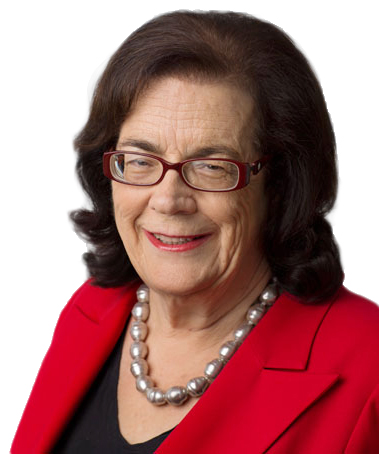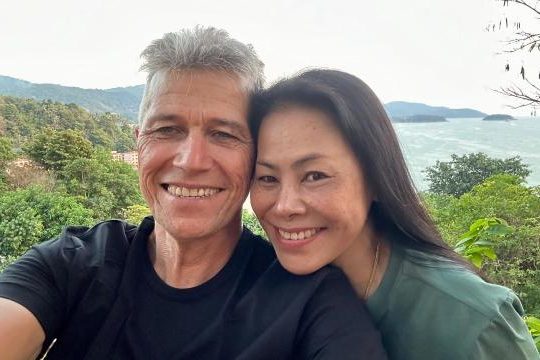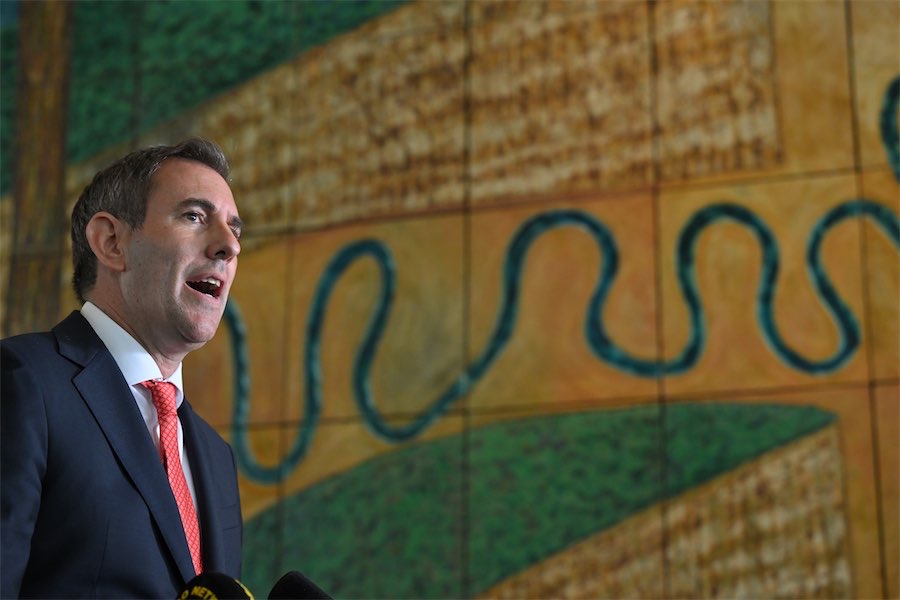AS the Morrison government thrashes around trying to stave off defeat or just save the furniture, it reminds one historian of the ill-fated McMahon administration.

The run up to the Coalition’s 1972 ousting is detailed in a just-released life of Billy McMahon, titled Tiberius with a Telephone. McMahon, often rated at or near the bottom in rankings of modern Australian PMs, has been long overdue for a biography – now he has a 776-page tome.
Author Patrick Mullins, of the University of Canberra, says the “similarities between now and then are too conspicuous to ignore”. These include a history of leadership instability, party disunity, depleted Liberal finances, confused, reactive and inconsistent policy directions, a credible opposition and a feeling for change in the electorate.
Admittedly, as Mullins says, there are differences. Morrison has a benign economic environment, support in important sections of the media, and a much better image than the widely-ridiculed McMahon.
But the fundamental point is that those were desperate days for the Coalition and so are these. “McMahon was in survival mode,” says Mullins, and the same could be said of Morrison.
Mullins’ observation of the McMahon government – “For every achievement and move towards new policy there was another fight, another muddle, another problem that should never have been cause for concern” – resonates when assessing the present one.
A government on the ropes acts impulsively, looking to the moment, compromising sound policy-making and broader, longer-term interests.
So it has been with Morrison’s suggestion Australia would consider moving its embassy to Jerusalem, a proposal born out of political expediency that’s brought him grief this week.
The Indonesian displeasure was felt as soon as the announcement was made before the Wentworth byelection. Subsequently, things have just got worse.
The free trade agreement with Indonesia, which Australia originally hoped would be signed this week when Morrison was in Singapore for the start of the summit season, has become hostage to the embassy decision.
Earlier the government tried to fudge the signing delay by a faux nonchalance about timing. Nobody was fooled. Now in public and private comments, Indonesia has made its position clear in the past few days, to Morrison’s embarrassment.
Malaysian Prime Minister Mahathir Mohamad also piled on, saying he’d pointed out to Morrison that “adding to the cause for terrorism is not going to be helpful”.
Rather than having an easy ride on his international round, the embassy issue has put Morrison on the back foot.
There was no immediate way out. The government still has to declare what it will do. Morrison says a “process” is underway – presumably bureaucrats’ advice is being sought and examined, after they were initially bypassed. There’s to be a decision before Christmas.
This can’t end happily. Morrison is caught between, on the one hand, the right of the Liberal party and the Jewish lobby, and on the other, the strongly-held view of our biggest neighbour in particular.
And the angst has been all for nothing – Wentworth was lost.
The Jerusalem question isn’t the government’s only looming no-win decision. It has yet to provide a response to the religious freedom report, a time bomb left by Malcolm Turnbull, who set the inquiry up to placate the right.
In the meantime negotiations with Labor remain unfinished over legislation announced by Morrison (pre-Wentworth) to prevent discrimination against gay students.
The still-suppressed report has brought little but controversy for the government, and backfired on the right, even before we have a policy from it.
Yet this week we have a new inquiry that reflects ideology more than need, with Education Minister Dan Tehan’s announcement of a review of freedom of speech in universities.
The right has been agitated about the unwelcome receptions some conservative speakers have received from demonstrators on campuses.
Adding to the right’s broader anger with universities was the conservative Ramsay Centre’s failure to persuade the prestigious Australian National University to accept funding for a proposed course on western civilisation, which came with conditions the ANU felt would compromise its academic autonomy.
The freedom-of-speech inquiry seems little more than another manifestation of the culture wars, symptomatic of the anti-intellectual stance of some of the Liberal hardliners, who see tertiary institutions as seeding grounds for the left.
Tehan said the inquiry, undertaken by former chief justice Robert French, would “outline realistic and practical options that could be considered to better promote and protect freedom of expression and freedom of intellectual inquiry”.
It will “review existing material regarding free speech, including codes of conduct, enterprise agreements, policy statements and strategic plans”. French is to report in four months, so before a May election.
Catriona Jackson, chief executive of Universities Australia, says vice-chancellors “are questioning of the rationale for the review” – they “do not see there is an issue to address. Every day on university campuses across the country there is vigorous debate across a wide range of issues,” she says.
This inquiry could end up producing fresh pinch points for the government, like the freedom of religion one has. At the least, it seems an odd priority – the issue wouldn’t engage too many ordinary voters.
That’s in contrast to energy policy, undisputed core business for government and public. But this remains ad hoc and fraught, as the government goes about strong-arming companies on price and searching for opportunities to support new investment in so-called “fair dinkum” power.
The highly interventionist approach is problematic on two fronts: it is contrary to Liberal philosophy, and it’s unlikely to be effective.
The Grattan Institute’s Tony Wood says: “In the absence of a stable climate policy and good management of the electricity market we seem to be left with nothing more than threats, which are easy to make but hard to implement, and subsidies, which may be popular but make no sense from a policy perspective”.
A politically-inspired thought-bubble with serious fallout, an unnecessary bow to the right, a core policy that’s unfit for purpose. Taken together the embassy issue, the free speech review, and the energy shemozzle point to a survival strategy that’s not cutting it. Just as McMahon’s didn’t.
Michelle Grattan is a professorial fellow at the University of Canberra. This article was originally published on The Conversation.
Who can be trusted?
In a world of spin and confusion, there’s never been a more important time to support independent journalism in Canberra.
If you trust our work online and want to enforce the power of independent voices, I invite you to make a small contribution.
Every dollar of support is invested back into our journalism to help keep citynews.com.au strong and free.
Thank you,
Ian Meikle, editor




Leave a Reply